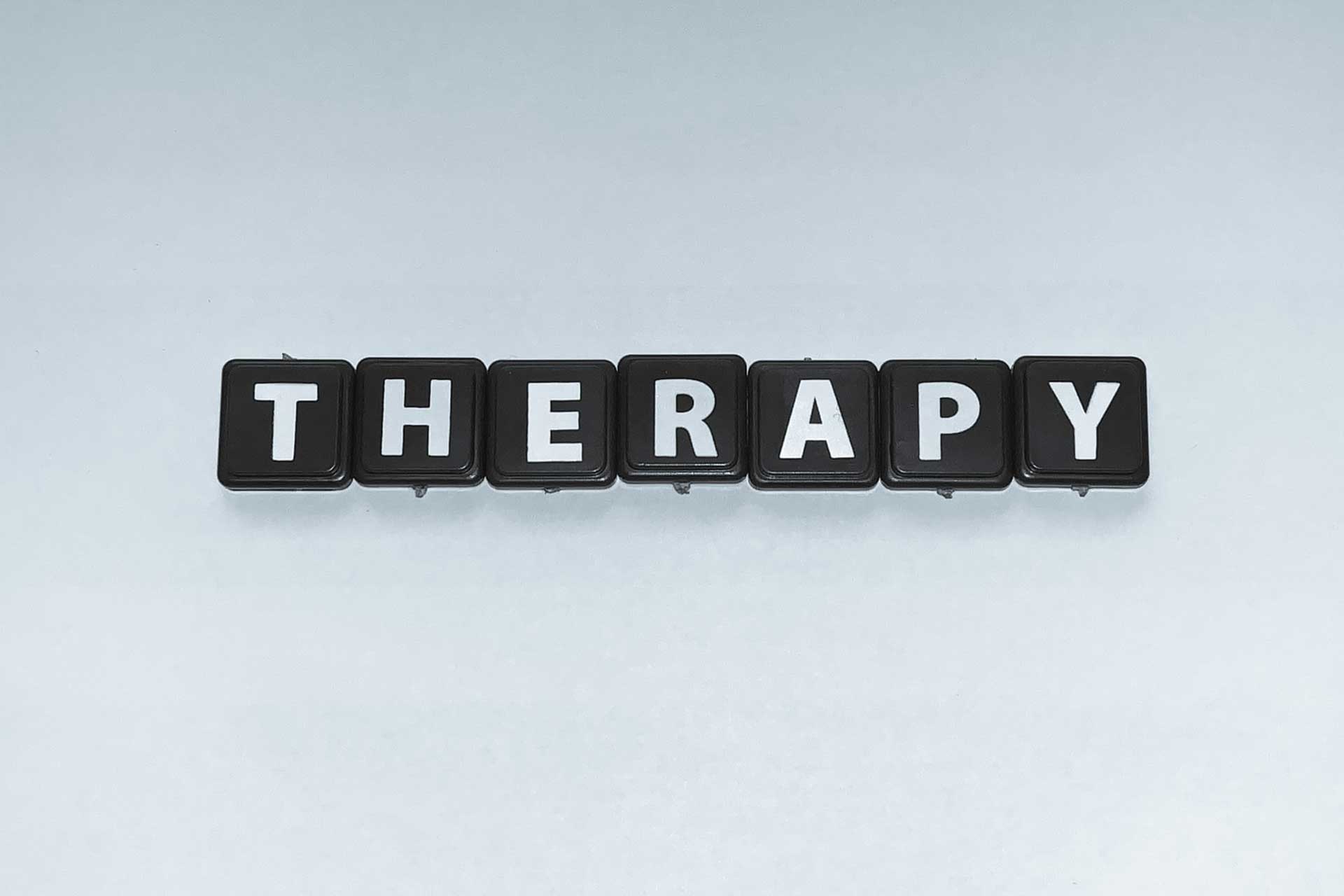If you root around social media and television long enough, you’ll find an endless supply of fascinating things going on. There’s a plethora of shows, YouTube channels, Instagram stories, and more that explore different cuisines across the world.
Among those, there’s an equally full selection of media that’s centered around one person eating an inordinate amount of food, with or without a time limit. These are all quite fascinating and shocking, but what are we to make of it considering the Bible?
When we talk about food and our culture, it can generate endless discussions and arguments. Some people count calories, while others can’t be bothered. There are important conversations to be had about sustainability; knowing where your food comes from and responsibly sourcing your food; eating healthy food and staying in shape.
Additionally, there are the unloving ways people talk about obesity; body shaming; the virtues of being an omnivore, vegetarian, or vegan; the calorie deficit many in the United States and elsewhere experience, among many other conversations. Asking what the Bible says about gluttony adds to these conversations by asking important questions about whether we have a healthy relationship with our food.
What is gluttony?
The Bible talks a lot about greed, and it applies it to things such as money and food. Greed is a form of idolatry in which our desire for more of something than we need continues unabated despite negative consequences to ourselves and others. This kind of greed when applied to the area of food is called “gluttony,” and we most strongly associate gluttony with overindulgence in food.
The Bible labels gluttony a sin, something to be avoided for a variety of reasons that will be considered below. It’s important to remember though that as one reads the Bible, one is engaging a different culture, and that while different words may be used to name the same thing we mean, but there may also be subtle differences.
While we may want to exercise care in identifying binge eating with gluttony, the label “gluttony” quite rightly points out the moral aspects, while “binge eating” tends only to encapsulate the mental health aspects.
Admittedly the contexts are different. In an agrarian society such as that represented in the Bible, accumulating enough food to overeat was something that required deliberate effort, and if your neighbors were hungry while you ate more than your fill, it raised legitimate moral questions and questions about your character.
However, the ease with which a person in our society can acquire and consume excessive amounts of food only makes the moral dimension that much more serious. To whom much is given, much is required. Each one of us needs to check our own hearts and eating habits, asking if we ‘re eating more than we ought.
 There may be a variety of surface reasons why we eat more than we need, including managing unpleasant emotions, and we may feel unable to stop ourselves. However, whatever else binge eating (which is compulsive overeating) may require, it will always require genuine repentance. You may also need a doctor’s help to overcome it.
There may be a variety of surface reasons why we eat more than we need, including managing unpleasant emotions, and we may feel unable to stop ourselves. However, whatever else binge eating (which is compulsive overeating) may require, it will always require genuine repentance. You may also need a doctor’s help to overcome it.
A person can overeat and not be compulsive about it, and it is there that we can focus some attention. For the sake of our health and in consideration of others, among other things, we need to pay close attention to what the Bible says about gluttony because it’s something God takes very seriously.
General Biblical teaching about gluttony
When the Bible talks about gluttony, it’s clear that it’s a sin and something to be avoided. In the Bible, overindulging in food and drink can point to a lack of self-control, and it can also point to a reckless disregard for others around you.
According to the Bible, food and wine are blessings from God we are meant to thank God and enjoy, but it urges moderation and warns against getting drunk or eating way beyond our hunger and satisfaction.
Eating often and more than we need is something that has become so ingrained in our culture that it seems odd and slightly judgmental to question those behaviors. Below are a few verses warning us about gluttony. Some are addressed to situations of political delicacy, or in more intimate situations between friends.
When you sit to dine with a ruler, note well what is before you, and put a knife to your throat if you are given to gluttony. Do not crave his delicacies, for that food is deceptive. – Proverbs 23:1-3
In some situations, food and drink can be used as tools to loosen our inhibitions and expose weaknesses such as a lack of self-control. The thinking would be that a lack of self-control in one area may indicate a similar proclivity in others, and that ruler’s opinion of you might be prejudiced. While most of us will never find ourselves in political situations with royalty or national leaders, we might find ourselves at a lunch with our boss or a client. Gluttony might make a poor impression.
Listen, my son, and be wise, and set your heart on the right path: Do not join those who drink too much wine or gorge themselves on meat, for drunkards and gluttons become poor, and drowsiness clothes them in rags. – Proverbs 23:19-21
The wisdom being passed on from a parent to their child is to choose friends wisely. Carpe diem is one thing, but habits of excess such as eating and drinking too much have consequences for your wallet.
A discerning son heeds instruction, but a companion of gluttons disgraces his father. – Proverbs 28:7
And in keeping with the idea of choosing friends wisely, poor choices in that regard reflect on the parents who guide and are invested in that child’s success.
What we do with our bodies matters
If you find honey, eat just enough – too much of it, and you will vomit. – Proverbs 25:16
Have you ever eaten more than you needed to? You pass quite quickly from feeling good and enjoying the food, to feeling sick and regretting ever having done it. Overeating saps the enjoyment out of food, and it can make you physically ill.
“I have the right to do anything,” you say – but not everything is beneficial. “I have the right to do anything” – but I will not be mastered by anything. – 1 Corinthians 6:12
Yes, we may be able to eat anything we want, but that doesn’t mean it’s helpful for us. More likely than not, when we think we are in control of something, we’re not the ones in control – the habit is.
Don’t you know that you yourselves are God’s temple and that God’s Spirit dwells in your midst? If anyone destroys God’s temple, God will destroy that person; for God’s temple is sacred, and you together are that temple. – 1 Corinthians 3:16-17
Do you not know that your bodies are temples of the Holy Spirit, who is in you, whom you have received from God? You are not your own; you were bought at a price. Therefore, honor God with your bodies. – 1 Corinthians 6:19-20
Therefore, I urge you, brothers and sisters, in view of God’s mercy, to offer your bodies as living sacrifices, holy and pleasing to the Lord – this is your true and proper worship. Do not conform to the pattern of this world but be transformed by the renewing of your mind. Then you will be able to test and approve what God’s will is – his good, pleasing, and perfect will. – Romans 12:1-2
The three passages above remind us that our bodies and what we do with them matter to God. We do not belong to ourselves, and so we need to take care of our bodies just as we would take extra care of something precious that a friend loaned to us. Precious as we are, what we do with our bodies, whether it’s about eating, or sex, or substances, ought to be done with careful consideration.
Gluttony is a big deal
Now, this was the sin of your sister Sodom: She and her daughters were arrogant, overfed, and unconcerned; they did not help the poor and needy. – Ezekiel 16:49
If you ask most people what it was that Sodom and Gomorrah did that made God destroy those ancient cities, they’ll rightly give an answer that has something to do with sexual sin (as the very next verse of the same chapter tells us). However, in verse 49 Ezekiel tells us is that the root of all their other sins was pride, which led to a lack of concern for others while they overindulged and took care of themselves and eventually resulted in their sexual sins.
What has become apparent in recent years is how our consumption patterns affect others around us, and even those in far-flung corners of the world. Between that and the food we consume and throw away, there is a huge calorie deficit within the United States and globally between the “haves” and “have-nots.” This requires serious reflection on our part.
There’s a bigger picture
For life is more than food, and the body more than clothes. – Luke 12:23
It may seem like Jesus is stating the obvious, but we often center our lives around food. Most occasions, such as the 4th of July, Thanksgiving, game day, and Christmas are about food, and typically about stuffing ourselves. And it’s not just these occasions.
Most of us punctuate our days by rewarding ourselves with a few beers, ice cream, or other snacks of choice. Eating more food than we need occupies pride of place in our lives beyond its role as something our bodies need and to bind us closer to others in fellowship.
So, whether you eat or drink or whatever you do, do it all for the glory of God. – 1 Corinthians 10:31
Our lives and everything we do matter, including even the mundane choices we make. When all is said and done, we must ask ourselves whether we are glorifying God in what we do. God has concerns for our bodies and our souls. God calls Christians his children and gives us the Spirit, who can empower us to make better choices.
“Brown Metal Cooking Pot”, Courtesy of Unsplash, Unsplash.com, CC0 License
-
Kate Motaung: Curator
Kate Motaung is the Senior Writer, Editor, and Content Manager for a multi-state company. She is the author of several books including Letters to Grief, 101 Prayers for Comfort in Difficult Times, and A Place to Land: A Story of Longing and Belonging...
Recent Posts
DISCLAIMER: THIS ARTICLE DOES NOT PROVIDE MEDICAL ADVICE
Articles are intended for informational purposes only and do not constitute medical advice; the content is not intended to be a substitute for professional medical advice, diagnosis, or treatment. All opinions expressed by authors and quoted sources are their own and do not necessarily reflect the opinions of the editors, publishers or editorial boards of Stone Oak Christian Counseling. This website does not recommend or endorse any specific tests, physicians, products, procedures, opinions, or other information that may be mentioned on the Site. Reliance on any information provided by this website is solely at your own risk.





